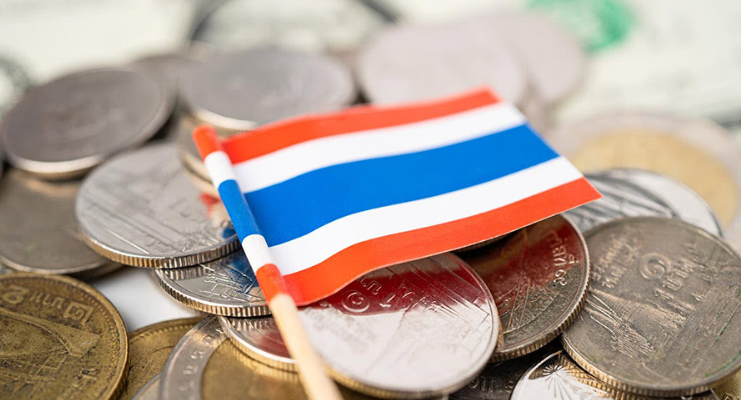In the midst of swirling news and complex updates about tax regulations in Thailand, we recognize the importance of clarity and simplicity, especially for you as a valued Thai Elite Visa holder. That’s why PKF Nuobello, a global accounting firm, has carefully distilled the latest tax updates raised in Paw 161/2566, Paw 162/2566, and Royal Decree 743 (RD 743) into straightforward, bite-sized points.
1. The 180-Day Rule: Tax Residency in Thailand:
Stay Duration Matters: If you’re in Thailand for more than 180 days in a calendar year, you’re a tax resident. Less than 180 days? You’re not considered a tax resident for that year.
2. Offshore Income & Taxation: Understanding Paw 161/2566.
Income Remitted to Thailand: As a tax resident, given the top marginal rate of income tax in Thailand is 35%, the implications are such that offshore income remitted to Thailand will likely be taxed at 35%.
3. Earnings vs. Savings
Currently, there’s no distinction between these for tax purposes.
4. Recent Update on 20 November 2023 – good news !!
On 20 November 2023, the Revenue Department issued the Department Instrument No. Paw 162/2566 to further clarify that the foreign-sourced income to be subject to tax will not include the foreign-sourced income deriving before 2024 by any individual tax resident.
For other ways to manage your tax position, PKF Nuobello suggests mitigating the tax burden of Paw 161/2566 for foreign-sourced income derived after 1 January 2024 as follows:
Gifts:
Certain gifts are exempt from personal income tax under the Thailand Revenue Code. There are specific rules and amounts whereby gifts are not subject to personal income tax For example gifts received by ascendants and descendants, under religious, educational, or public benefit purposes or a moral obligation or gift made in a ceremony or on occasion in accordance with tradition or established customs.
Long-Term Residents Visa Benefits:
Section 5 of RD 743 offers tax exemptions on certain offshore incomes (encompassing employment, business, and property income from abroad) received in a previous year and subsequently brought into Thailand, without a time limit on income derivation. These exemptions apply to the following categories of LTRs:
– Wealthy Pensioners;
– Wealthy global citizens; and
– Professionals working from Thailand.
Invest in Thai Companies:
Tax residents can make investments in cash-generating Thai companies that provide a steady flow of income in Thailand. The investment into the company will not be subject to tax but the annual earnings will be subject to Thai personal income tax when distributed to the Tax Resident. Depending upon a shareholder’s structure, other laws and regulations should be taken into account.
Foreign Credit Card Payments:
If the transaction is paid by a foreign credit card (from a non-Thai bank account), the settlement made outside should not be deemed a fund remittance into the country by Thai Tax Residents.
Need to personalize your tax strategy?
We know, tax talk can be as thrilling as watching paint dry. However managing your tax affairs is crucial, and who better to make it interesting than us? Remember, navigating tax laws doesn’t have to be a solo journey.
Got questions? Need clarifications? Or just want to chat about how we can make taxes less…taxing? Reach out at: https://www.nuobello.com/pkf-nuobello/
Or Email:
michaela@nuobello.com
auaychai.s@pkf.co.th
